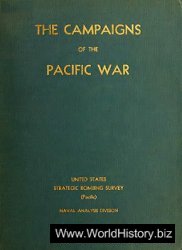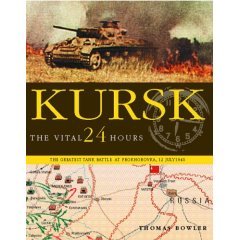But in the midst of these aggressive actions, Nixon and his National Security Adviser Henry Kissinger devised a bold diplomatic offensive, executed in nearly complete secrecy—from even the State and Defense Departments! Nixon and Kissinger made an effective though not always harmonious team. Abandoning a lifetime of treating communism as a single worldwide conspiracy that had to be contained at all costs, Nixon decided to deal with China and the Soviet Union as separate powers and, as he put it, to “live together and work together” with both. Nixon and Kissinger called the new policy detente, a French term meaning “the relaxation of tensions between governments.” But detente was not an expression of friendship so much as an acknowledgment that for decades the policy of containment had driven China and the Soviet Union closer together.
First Nixon sent Kissinger secretly to China and the Soviet Union to prepare the way for summit meetings with the communist leaders. Both the Chinese and the Soviets agreed to the meetings. Then, in February 1972, Nixon and Kissinger, accompanied by a small army of reporters and television crews, flew to Beijing. After much dining, sightseeing, posing for photographers, and consultation with Chinese officials, Nixon agreed to promote economic and cultural exchanges and supported the admission of communist China to the United Nations. (Since the founding of the United Nations, the United States had recognized only the Republic of China— Taiwan.) As a result, exports to communist China increased substantially, reaching $4 billion in 1980. Among other American products, Coca-Cola was introduced to the Chinese, marketed under a name meaning “tasty happiness.” Nixon’s visit, ending more than twenty years of adamant American refusal to accept the reality of the Chinese revolution, marked a dramatic reversal; as such it was hailed throughout the world.
In May 1972 Nixon and Kissinger flew to Moscow. This Trip also produced striking results. The mere fact that it took place while war still raged in Vietnam was remarkable. More important, however, the meeting resulted in a Strategic Arms Limitation Treaty (SALT). The two powers agreed to stop making nuclear ballistic missiles and to reduce the number of antiballistic missiles in their arsenals to 200. Nixon also agreed to permit large sales of American grain to the Soviet Union.
By the summer of 1972, with the presidential election looming in the fall, Kissinger redoubled his efforts to negotiate an end to the Vietnam war. By October he and the North Vietnamese had hammered out a settlement calling for a cease-fire, the return of American prisoners of war, and the withdrawal of United States forces from Vietnam. Shortly before the presidential election Kissinger announced that peace was “at hand.”




 World History
World History









